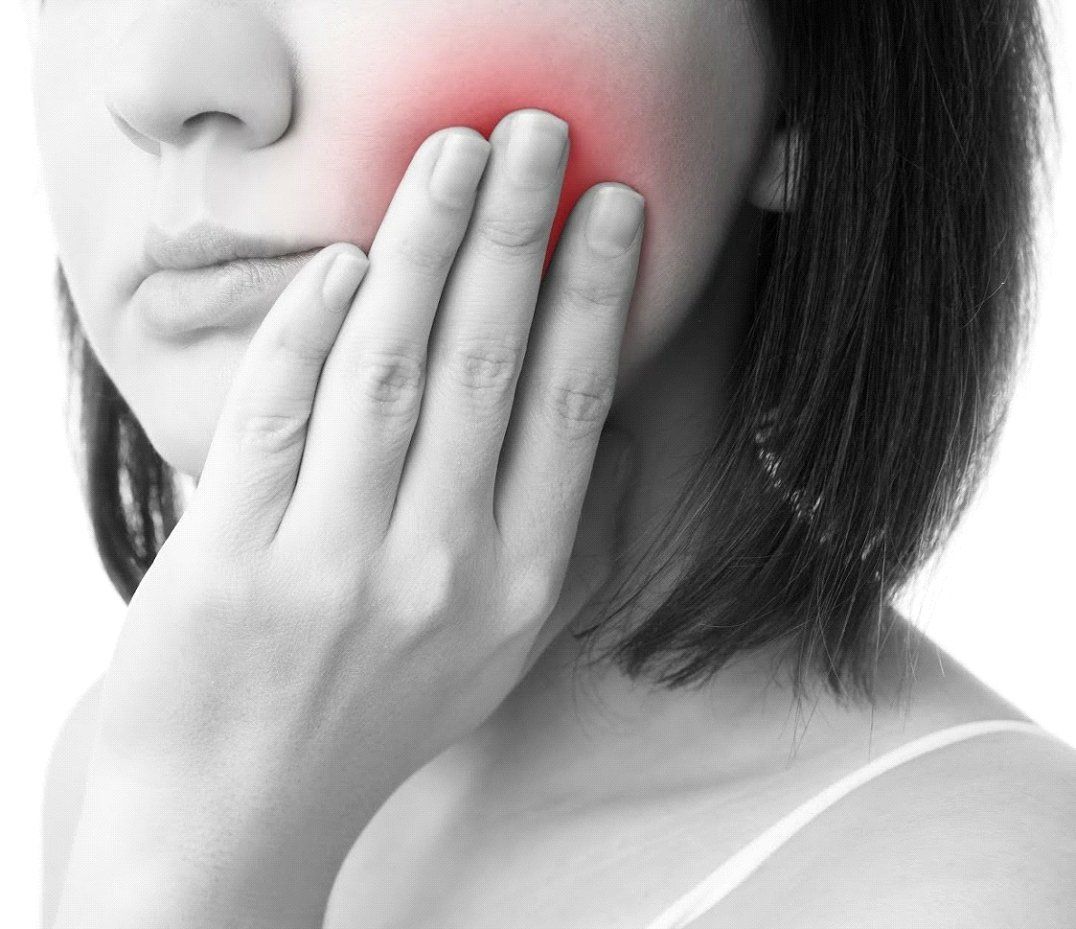
TMJ disorder is a term that describes pain, reduced range of motion, and other problems with the temporomandibular joint in the jaw. TMJ disorder can disrupt your life in a significant way, and many people are caught off guard by TMJ pain the first time. Discover what you should know about TMJ disorder so that you know what to expect if you ever face this condition.
TMJ Disorder Symptoms
Naturally, pain in the jaw is the primary symptom of most TMJ problems, but many secondary symptoms are possible as well. TMJ pain can progress to cause headaches and pain in nearby areas like the neck or shoulder. Swelling and muscle twitching are also possible in these areas. You may also hear a popping sound when opening your jaw or even locking of the jaw in more severe cases.
TMJ disorder can cause a constant, dull ache in the jaw. Symptoms of TMJ disorder can also come and go, and certain factors in the environment and in the body can trigger these symptoms. Hormone fluctuations from changes in medication can worsen pain, stiffness, and swelling from TMJ, as can eating hard or chewy foods that place more stress on the joint.
TMJ Pain Management
People with TMJ disorder may experience pain and discomfort for a few days before treatment is available. Even if you have already seen your TMJ specialist, you can do a few things to manage your pain at home aside from OTC pain medication. Holding a cold compress against your jaw can help to reduce swelling, while a heated compress will help your jaw relax.
You might clench your jaw when you’re stressed or focused, but when managing TMJ pain, keep your jaw relaxed and maintain good posture as often as possible. Continue to get plenty of sleep so you don’t compromise your body’s ability to heal itself, and consider occasional jaw stretching exercises to help alleviate stiffness.
TMJ Disorder Treatment
Your dentist will assess the severity of your TMJ disorder before recommending surgical treatment. TMJ surgery includes a range of procedures that treat the specific type of disorder, and some are more invasive than others. Arthrocentesis is one example of a minimally invasive procedure that uses a fluid injection to wash inflammation byproducts away from the joint.
Open-joint surgery is likely the type of TMJ surgery that most people think of. This involves creating a small incision in the jaw to reveal and perform advanced procedures on the temporomandibular joint. People with TMJ disorders don’t undergo open-joint surgery as much as you might think. It is usually only necessary when bone or tissue overgrowth has occurred and reaching the joint is difficult with other methods.
TMJ Surgery Recovery
Most types of TMJ surgery are outpatient procedures, so you can expect to return home the same day. Your oral surgeon will bandage your jaw and give you specific instructions for your recovery. In general, continue to be wary of hard and chewy foods, apply heat and ice to the area regularly, and rely on NSAIDs or other pain relievers your oral surgeon has recommended.
You may be required to wear a splint on your jaw until your doctor tells you it can be removed in a follow-up visit. If you have significant stiffness or swelling in the jaw, your doctor may recommend a few days or weeks of physical therapy to help you regain jaw strength and flexibility.
TMJ disorder treatment is safe and straightforward, and the improvement that treatment can provide for your quality of life is certainly worthwhile. If you want treatment for TMJ disorder or other oral health issues, contact the professionals at the San Diego Center for Oral & Maxillofacial Surgery.
